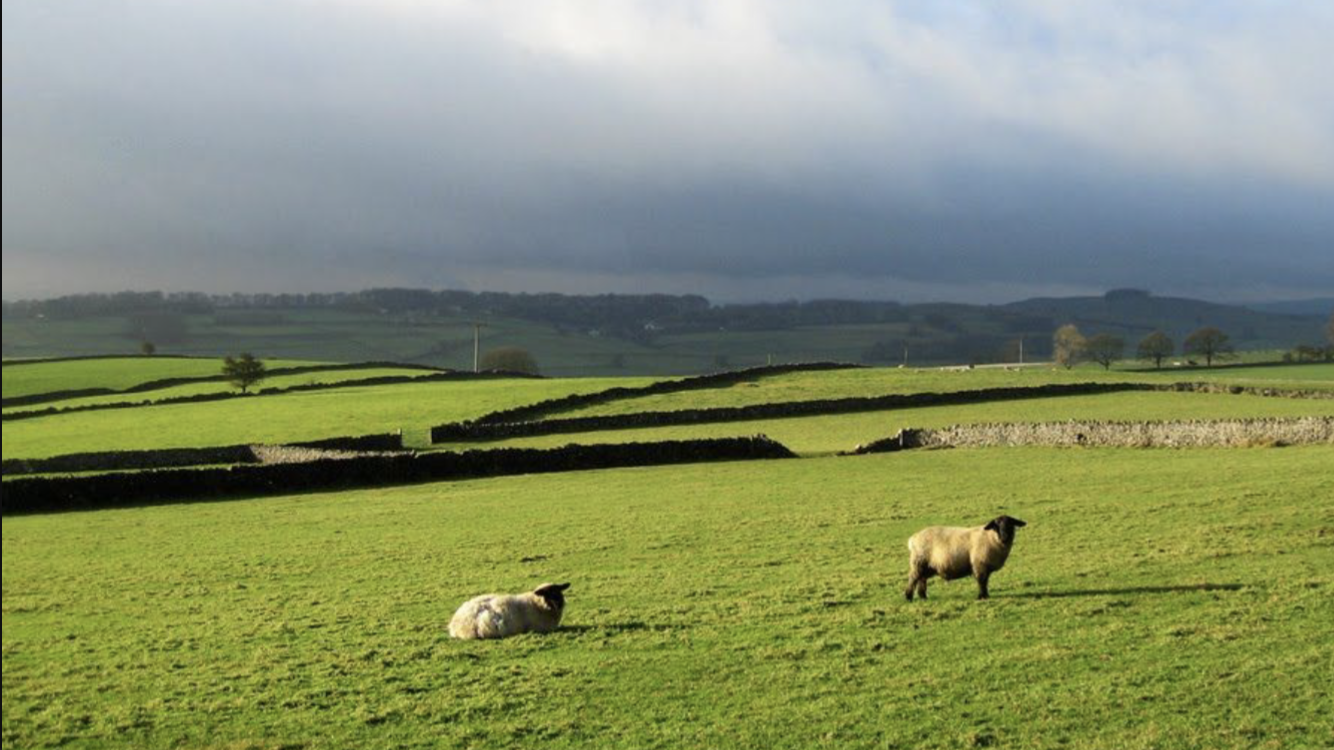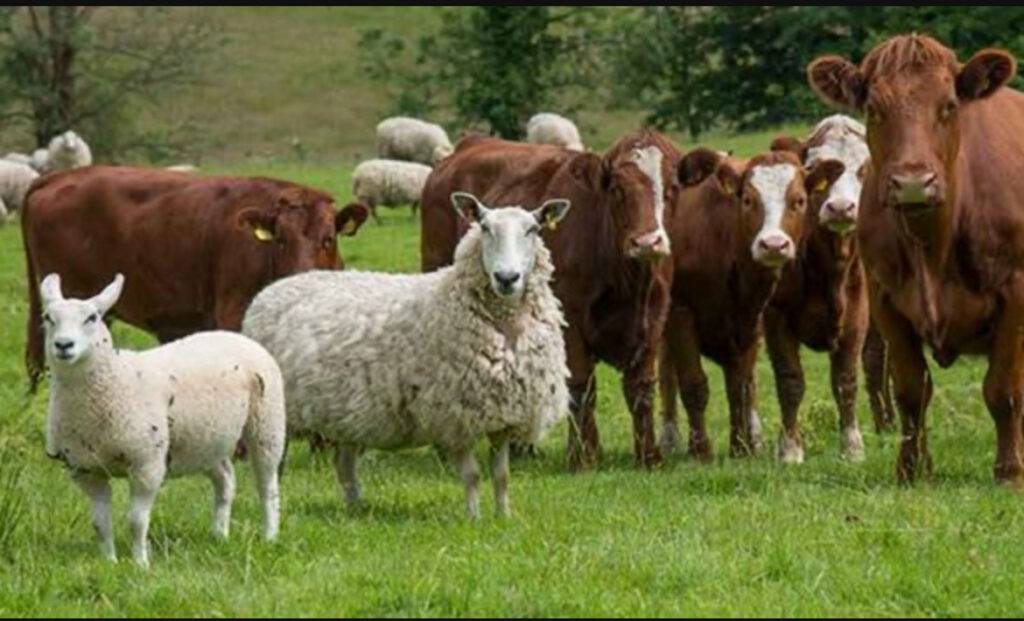Address
Chapel en le Frith, High Peak, Derbyshire
Work Hours
Monday to Friday: 9AM - 7PM
Weekend: 10AM - 5PM


The government has declared a ‘restricted zone’ encompassing all of East Yorkshire and parts of Lincolnshire after additional bluetongue cases were confirmed.
According to Defra’s latest update, more instances of the bluetongue virus strain ‘BTV-3’ have been detected in livestock within these counties. The previously established temporary control zone (TCZ) has been replaced with a stricter restricted zone, imposing new regulations on the movement of animals and germinal products for livestock keepers.
Both counties have been labeled as ‘high risk,’ which allows farmers in Lincolnshire areas not covered by the restricted zone to access free testing. Additionally, farmers in these regions are now eligible to vaccinate their animals using three bluetongue vaccines that received a general licence approval earlier this month.
These vaccines are suppressive, meaning they alleviate some clinical symptoms but do not prevent infection entirely. Sounds familiar, doesn’t it?
Elsewhere, the restricted zone in Kent has expanded to include the entire county, as well as East Sussex and additional areas of Greater London, following a rise in cases. Recent figures show that bluetongue has affected a total of 69 farms since the first case of the summer was confirmed in late August.
Seven counties across England — East Yorkshire, East Sussex, Norfolk, Suffolk, Essex, Lincolnshire, and Kent — have now reported BTV-3 cases. This follows the confirmation of bluetongue in a single sheep on a Norfolk farm in late August, marking the first UK case this summer. The last instance of bluetongue before this occurred in November 2023, when government vets identified the first case in Britain since 2007.
Bluetongue is a non-contagious viral disease that affects domestic and wild ruminants and is spread by biting midges. Although it doesn’t impact humans or food safety, outbreaks can lead to extended restrictions on animal movements and trade. As a notifiable disease, any suspected cases in England must be reported to the Animal and Plant Health Agency at 03000 200 301.